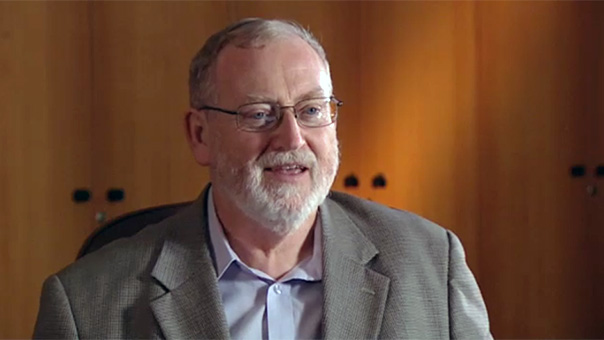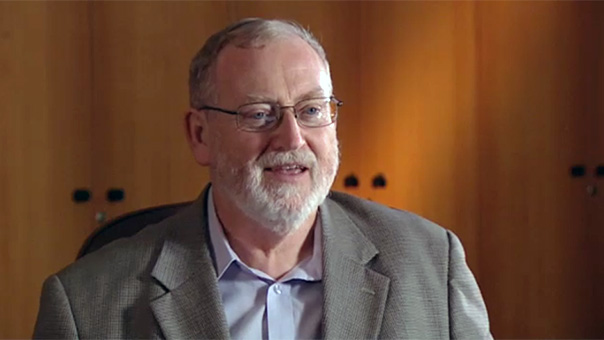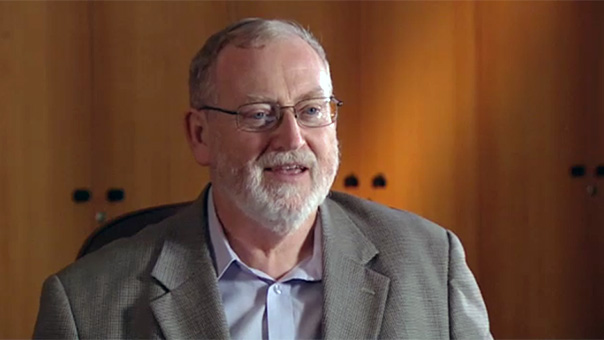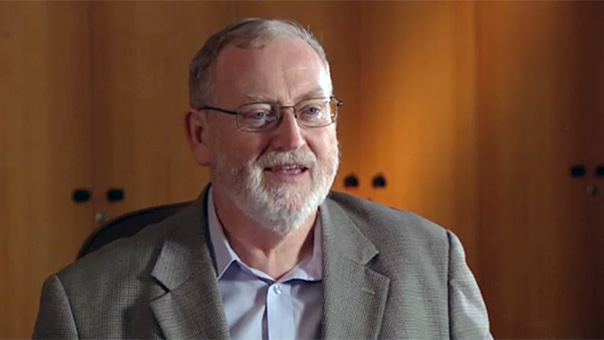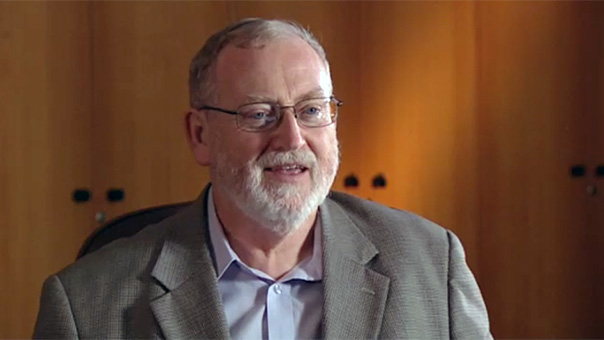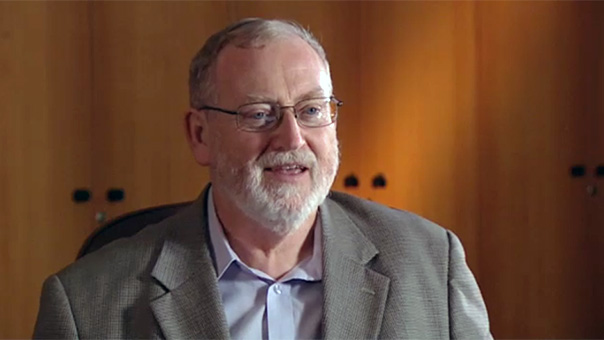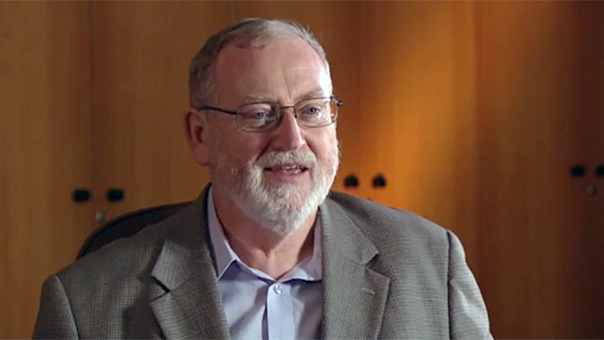5. Behavioural economics
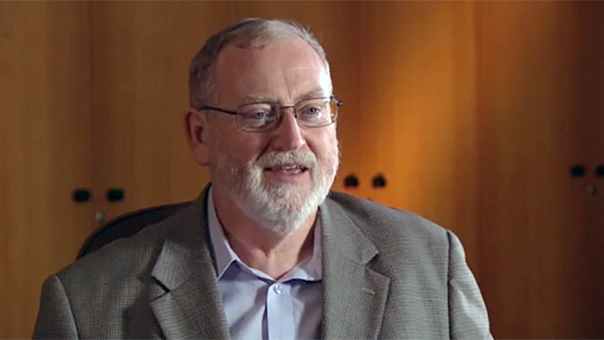
Viewing guide
Understanding economics helps individuals to make informed judgements about issues and policies and participate responsibly in decision-making.
Reflect on a recent purchase that you made. What were the psychological factors that led you to make the final transaction?
Listen to and take notes on:
-
Gittins’ viewpoint that behavioural economics is a combination of economics and psychology
-
the example he gives to explain this.
-
What has psychology got to do with economics?
-
Why do you think people make economic choices that don’t give them a material gain?
Concluding task
Argue the following statement:
“Risk tolerance is a crucial factor in personal financial decision making. Risk tolerance is defined as an individuals’ willingness to engage in a financial activity whose outcome is uncertain”.
Present this in one of the following formats:
-
report or essay
-
multimedia presentation
-
speech.
Completing this activity gives students the opportunity to achieve the following preliminary outcomes:
-
demonstrates understanding of economic terms, concepts and relationships (P1)
-
explains the economic role of individuals, firms and government in an economy (P2)
-
identifies the nature and causes of economic problems and issues for individuals, firms and governments (P7)
-
applies appropriate terminology, concepts and theories in economic contexts (P8)
-
selects and organises information from a variety of sources for relevance and reliability (P9)
John Pierce: Who have you come across who are the most, I suppose important or insightful economists, and what sort of questions were they trying to answer?
Ross Gittins: Well, lots of people I guess, but one guy who had a big influence on me is Robert Frank from Cornell. He's the man who first introduced me to behavioural economics, which is the kind of, which is a combination of economics and psychology. It's saying, what can the psychologists tell us about the way people behave and the way they make decisions. That's a cutting edge of economics and I'm very interested in that. It's really, behavioural economics is very useful if you're trying to figure out why politicians do the things they do, for example. But, so he introduced me to behavioural economics. He's interested in a lot of other subjects on the edge of economics, such as why, for example, why do people give tips in restaurants that they're not going to visit again, they know they're not going to come back to because they're just passing through town or whatever. Why do people do that? Well, you can think of reasons why it makes sense for people to do it. Partly people do it because they're trying to say something about themselves: 'I'm a decent person. If you give me good service I'll reward it. I won't do this on the cheap.' They're partly saying something about themselves. But they're also saying, sending a message, and this is the thing that Frank was on about, they're sending a message that says: 'I'm the kind of person you can trust. I'm a person you can rely on.' That's an important message and it's actually an economic message if you look at economics more broadly than just the very narrowest interpretation of the model.
